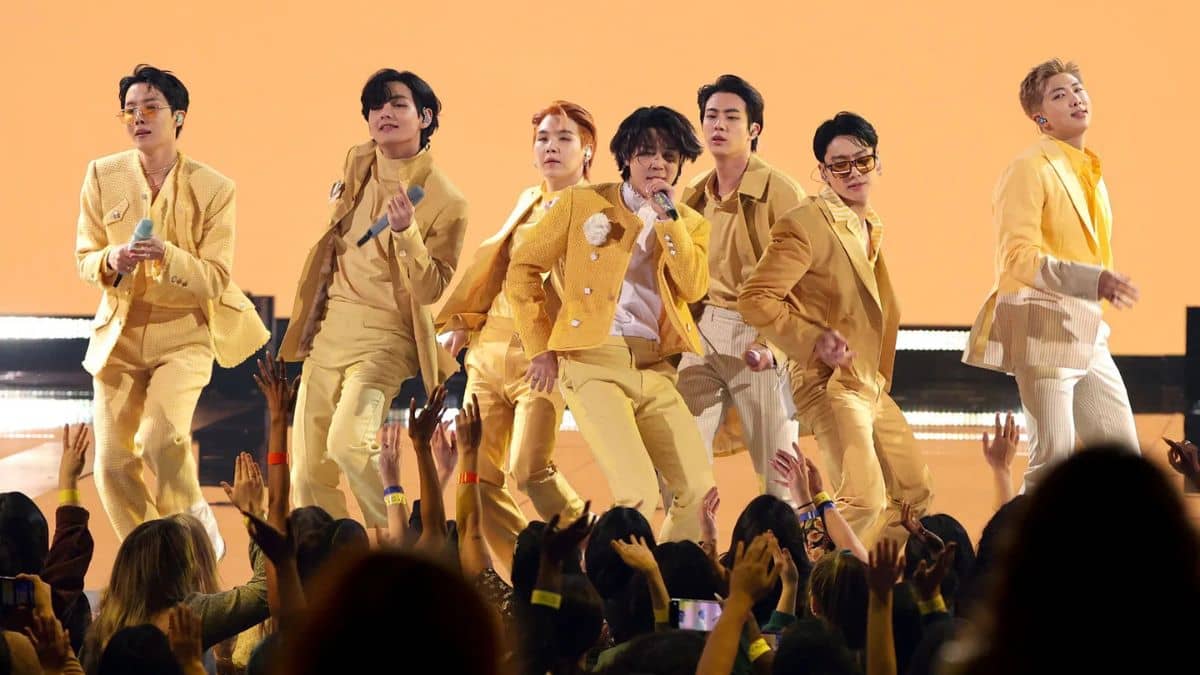South Korea continues to strengthen its place as a global cultural leader, driven mainly by the ongoing success of K-pop and Korean dramas.
A recent New York Times article highlights several key moments this year, including the Tony Award-winning musical Maybe Happy Ending, the upcoming reunion of BTS members after their military service, Blackpink’s world tour, and the much-awaited third season of Netflix’s Squid Game.
According to the 2025 Global Hallyu Survey, K-pop remains the top symbol of South Korean culture worldwide for the eighth year in a row.
Nearly 18% of people surveyed associate South Korea first with pop music, outpacing other cultural exports like Korean food, TV dramas, beauty products, and films. BTS and Blackpink continue to lead the global wave, drawing millions of fans and generating major economic impact.
South Korea’s cultural influence goes beyond music and TV. The fashion, beauty, and tourism industries also benefit greatly from the global interest in Korean culture.
The government supports these sectors strategically, and creators often blend traditional Korean elements with modern styles to boost both national pride and international appeal.
Despite some challenges—such as pressures on artists and worries about cultural commercialization—K-pop and Korean entertainment remain powerful forces in global culture and help connect diverse audiences worldwide.
In short, South Korea’s cultural influence is not only strong but growing. With K-pop at the forefront, the country continues to capture the hearts of fans everywhere and raise its global profile.











